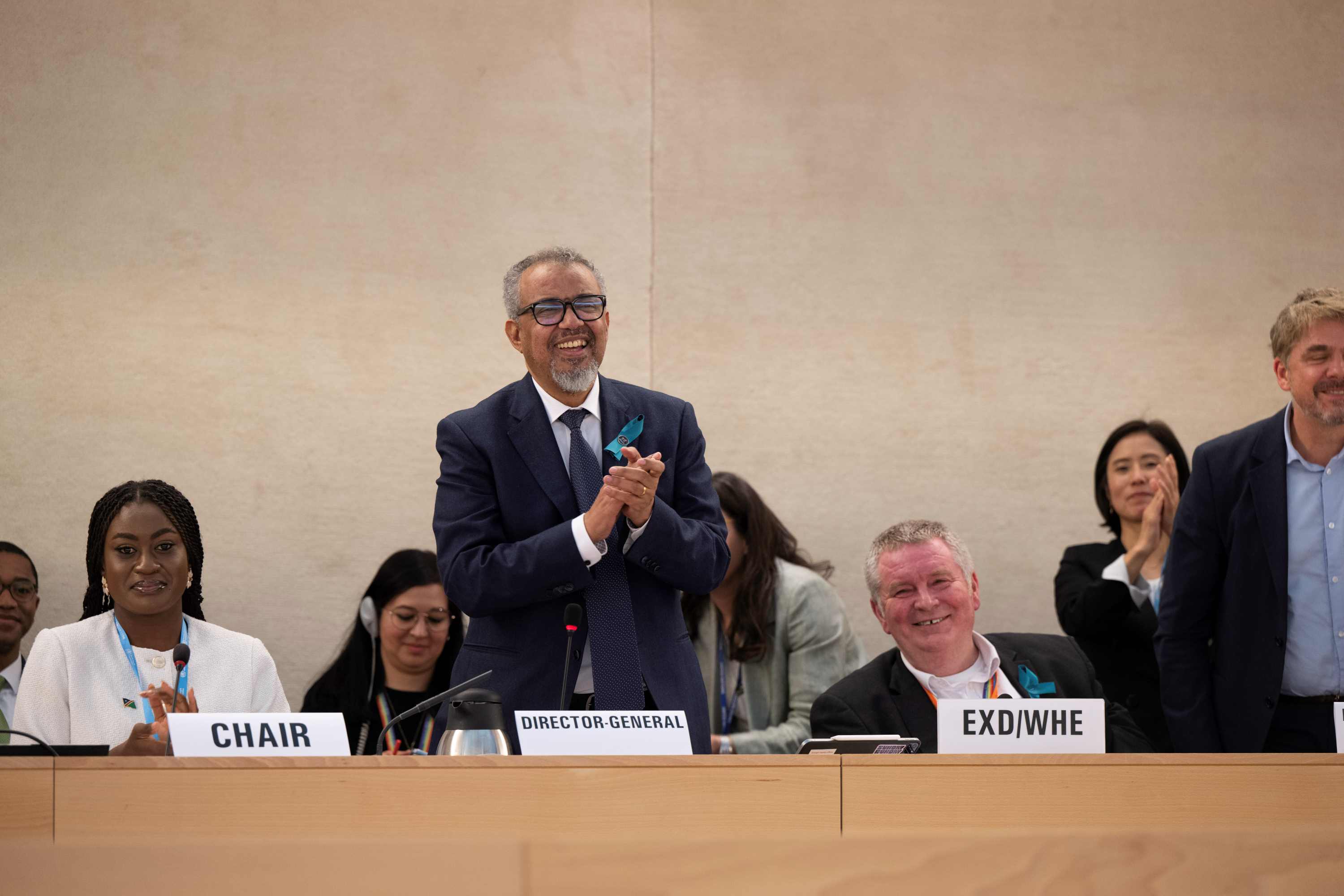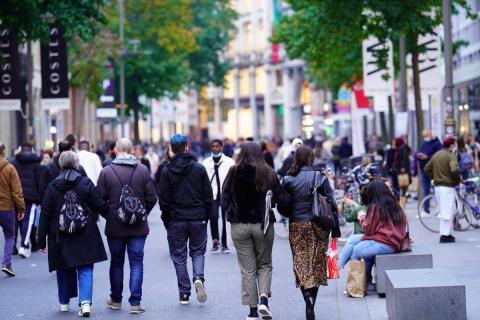WHO member states approve pandemic treaty
The Member States of the World Health Organisation (WHO), meeting on Monday in Committee A of the World Health Assembly, approved a resolution calling for the adoption of a historic global pact to make the world safer from future pandemics. On Tuesday, the Assembly, in plenary session, adopted by consensus the world's first agreement on pandemics.
Including mention of the adoption of the agreement on Tuesday.

The Director-General of the WHO applauds during Committee A of the World Health Assembly on Monday in Geneva. | Credit: WHO / Christopher Black
Jacob Lorenzo - tratado pandemias OMS EN
Jacob Lorenzo-Morales
Professor of Parasitology, Director of the University Institute of Tropical Diseases and Public Health of the Canary Islands of the University of La Laguna and CIBERINFEC researcher
This approved agreement guarantees not only health security but also equity in health for all nations. Following the recent COVID-19 pandemic, it was vital to reach a treaty that guarantees access to diagnostic tools, treatments and prophylaxis (vaccines) for all regions of the world. Global health is a problem for everyone and requires the international solidarity achieved in this treaty, which we hope will be robustly implemented.
Quique Bassat - tratado pandemias OMS EN
Quique Bassat
Director General and ICREA Research Professor at the Barcelona Institute for Global Health (ISGlobal)
The pandemic treaty, proposed and approved by member countries at the WHO World Health Assembly, lays the groundwork for its immediate adoption. This treaty represents a giant and unanimous step forward that will bring solidarity, equity and, above all, scientific evidence for better shared preparedness against future pandemic threats. This is hopeful news amid a context of pessimism and widespread demoralisation regarding the financing of development aid.
Jaime Manzano - tratado pandemias OMS EN
Jaime Manzano
Head of political advocacy and research at the Salud por Derecho foundation – the only Spanish organisation accredited as a stakeholder in the Pandemic Agreement negotiations since INB11
The support given yesterday to the pandemic agreement at the World Health Assembly is undoubtedly a very positive sign. However, it marks only the beginning of a crucial phase – and also the most complex to negotiate – without which the agreement will have very limited impact: the creation of the access and benefit-sharing system (PABS). This system will be decisive in determining whether the agreement can truly establish a new model of equitable distribution in the face of future pandemics. Until now, access to essential vaccines, medicines and diagnostics has been hampered by deep inequalities that prevent much of the world from accessing them in an affordable and timely manner.
This phase of negotiations will not be resolved in a few days, but will take many months of work. It is therefore essential to continue moving forward now, both at regional and national level, incorporating the most progressive elements of the final agreed text. In the case of Spain, the Draft Medicines Bill and the announced Global Health Strategy are two instruments where these advances in access should begin to take shape and give form to the commitment made during these years of negotiation. At the European level, both the pharmaceutical package and the R&D funding programmes represent real opportunities to begin translating these commitments into concrete measures.



